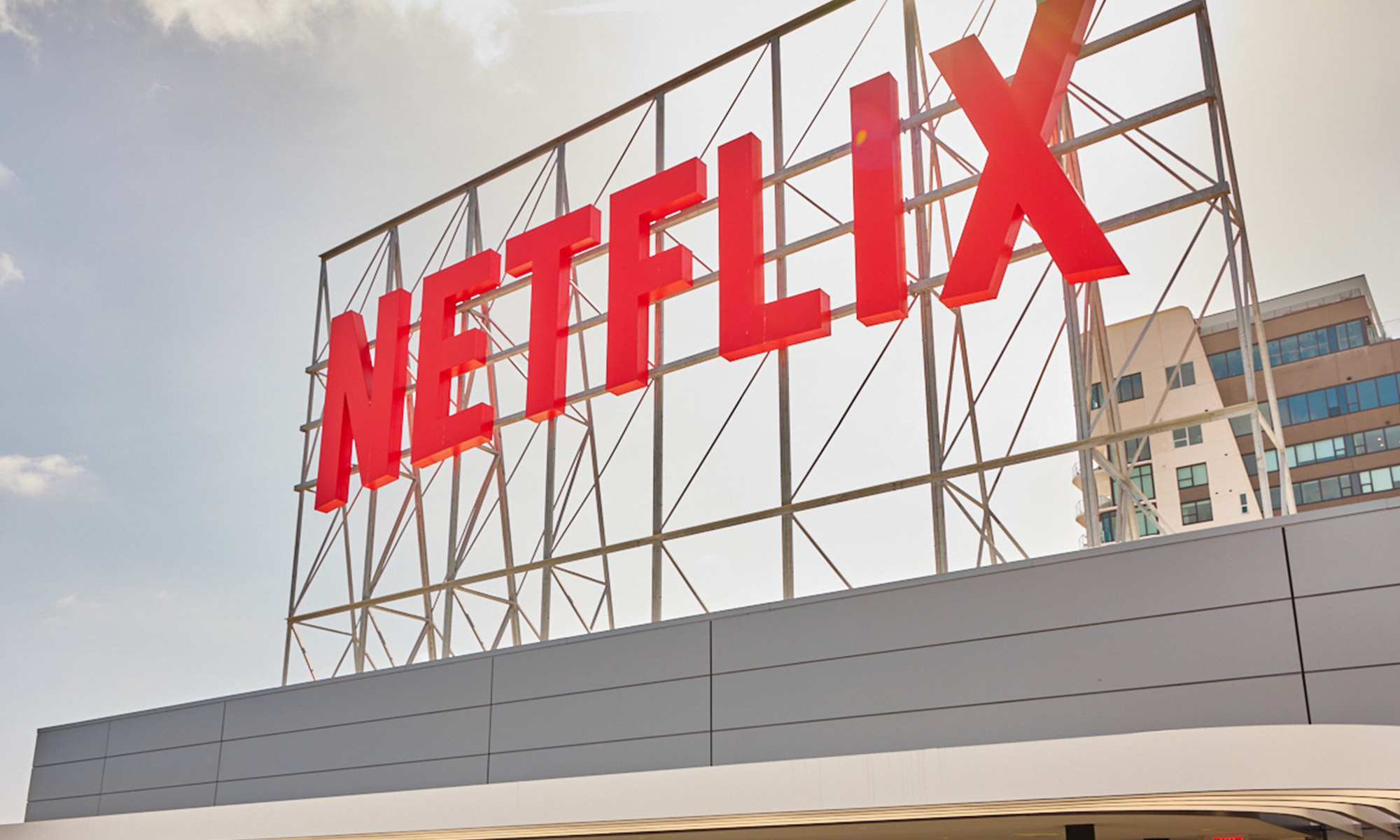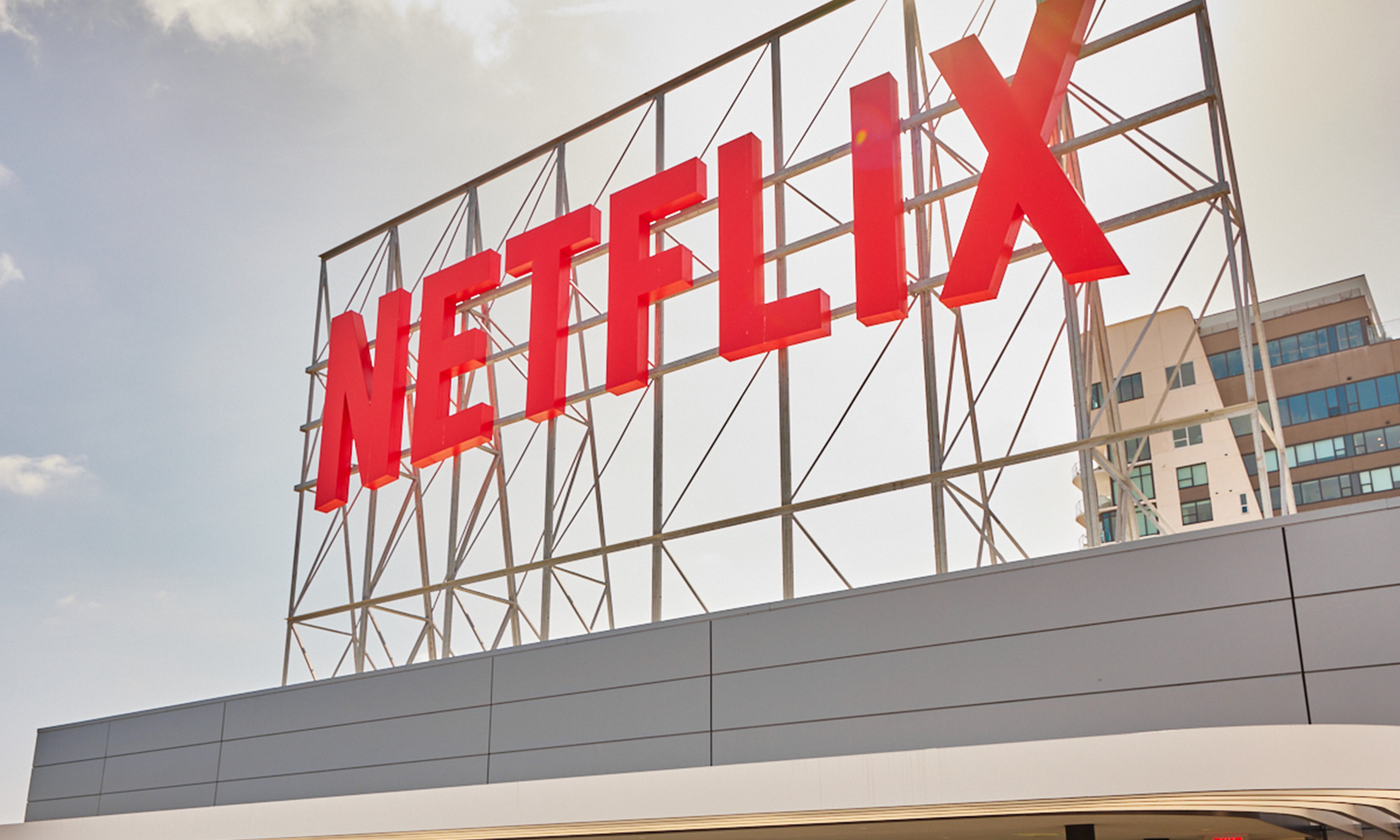
Netflix hopes its movie streaming service will benefit from the tangle of new Internet regulations it helped bring about. Image: Flickr via Bob Mical
Netflix (NFLX 0.11%) seems to embody this old adage: "Be careful what you wish for because you might get it." Netflix was one of the leading and most vocal advocates in support of the government regulating the Internet. However, the company's CFO recently appeared to walk back the streaming movie service's support for net neutrality by saying Netflix actually hadn't wanted the FCC to regulate broadband service as a utility.
During a presentation at Morgan Stanley's Technology, Media & Telecom Conference last week, Variety quoted Netflix CFO David Wells as saying that while the streaming service was pleased with what's been achieved, the heavy hand of government regulation wasn't what it had in mind. "Were we pleased it pushed to Title II? Probably not. We were hoping there might be a non-regulated solution."
Say what?! Maybe it's a case of buyer's remorse after seeing just how broad the reach of the FCC will be under Title II of the 1934 Communications Act, but that's a completely different tune than what it had been singing.
After taking over from Google the role of net neutrality's leading proponent, Netflix submitted comments to the FCC last July boldly telling the agency "Title II provides a solid basis to adopt prohibitions on blocking and unreasonable discrimination by ISPs." To now say it was really against that would be a big change of heart, albeit belated since the regulatory agency gave Netflix almost everything it wanted.
Casting a wide net
Net neutrality is the noble-sounding idea of treating everything on the Internet the same, regardless of actual demand and usage, by preventing Internet service providers from interfering with the websites you visit or how the information flows to you. For example, ISPs wouldn't be able to favor their own sites or charge websites more for faster data speeds.

Netflix programming is so popular that its streaming service consumes more than a third of all available bandwidth during peak evening hours.
So the reason for Netflix's support for net neutrality should be obvious. Its movie streaming service is a bandwidth hog.
According to a study by Sandvine, Netflix accounts for 34.9% of all downstream traffic on the Internet during peak evening hours. Amazon.com, whose Instant Video service is the second biggest streaming service in North America behind Netflix, accounts for just 2.6% of all downstream traffic.
ISPs want high-traffic services like Netflix to pay for chewing up all that bandwidth, such as the interconnection deal the movie streaming service signed with Comcast (CMCSA +0.53%) last year. Netflix had to pay a higher toll to keep the Internet superhighway open to it.
Similarly, the cable service also got into a public spat with Level 3 Communications (LVLT +0.00%) last year after the content delivery network, or CDN, signed on to host and deliver Netflix's streaming videos to networks like Comcast (Netflix also owns and operates its own CDN, Open Connect).
Level 3 wanted to double the amount of traffic it sent to Comcast's network, but at a lower price than other high-traffic CDNs pay. Comcast refused, saying such an arrangement would force Comcast and its customers to bear the higher costs of Level 3's traffic instead of the CDN and its customers.
Gatekeeper of the last mile
It's that tollbooth to their networks that Comcast and other ISPs erected that net neutrality advocates like Netflix object to. The company wants to send all that bandwidth hogging content over someone else's network without paying for the resources consumed.
And under the new FCC rules, they'll pretty much be able to do that. Regulated as utilities under Title II, ISPs will be prohibited from blocking, throttling, or prioritizing content sent over their network. And while Netflix wanted the regulatory agency to ban all interconnection deals like the one it signed with Comcast, the FCC chose not to go so far, instead reserving the right to intervene if services complained the deals were too expensive.
So the hammer the FCC brought down should be just what Netflix wanted. After all, CEO Reed Hastings has called the Internet "humanity's most important platform for progress," and said the only way that could be preserved was if net neutrality was strengthened by forcing ISPs to "provide sufficient access to their network without charge." In short, lower our costs while letting all broadband users pay more regardless of whether they use our service or not.
Don't misunderstand me
Netflix ended up scrambling to clarify its CFO's comments, saying his words were taken out of context. The streaming service posted a longer excerpt of his statement that gives a fuller picture:
Were we pleased that it pushed to Title II, probably not, right? I mean, we were hoping that, there might be a non-regulated solution to it. But it seems like companies that are pursuing their commercial interests including us have to arrive at something like that.
So, ultimately Netflix still does fully support the new net neutrality rules it helped give birth to. All that it's really saying is while government regulation isn't desirable, its hand was forced by the ISPs to fight for it.
Considering it will be one of the biggest beneficiaries of those regulations it was complicit in bringing about, that may just be a case of wishful thinking.






